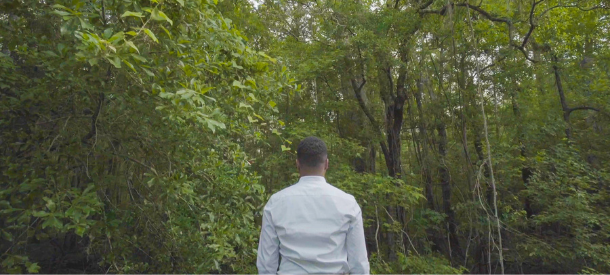Film Review: After Sherman (2022)



As a history lesson and personal narrative, Jon-Sesrie Goff’s After Sherman has a lot to offer, but it never quite solidifies into a clear portrait of the land and people it examines. Taking a poetic approach rather than a linear historical one, Goff attempts to pinpoint the importance of the land his family owns in coastal South Carolina, the significance of its former use as a plantation, and the power it has over him. Through a series of stream-of-consciousness confessions and philosophical observances from the director, his family, and community at large, an enlightening picture of over 150 years of life on Black-owned land in the rural South emerges that’s as charming as it is righteous. Goff’s film succeeds on an emotional level, but his forays into out-of-place animated sequences diminish some of the story’s power, leaving After Sherman feeling somewhat diminished. Still, there’s loads to latch onto here as Goff walks us through the enlightening history of an often overlooked slice of post-Civil War America.
After Sherman was screened as part of our coverage of the 25th Annual Full Frame Documentary Film Festival.
Originally published by ASHEVILLE MOVIES.
